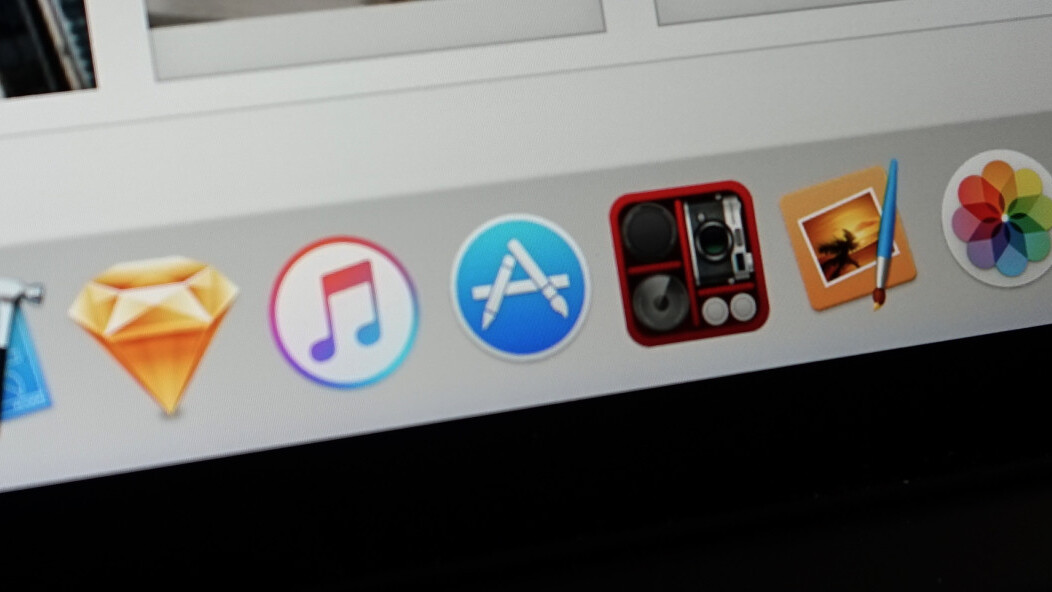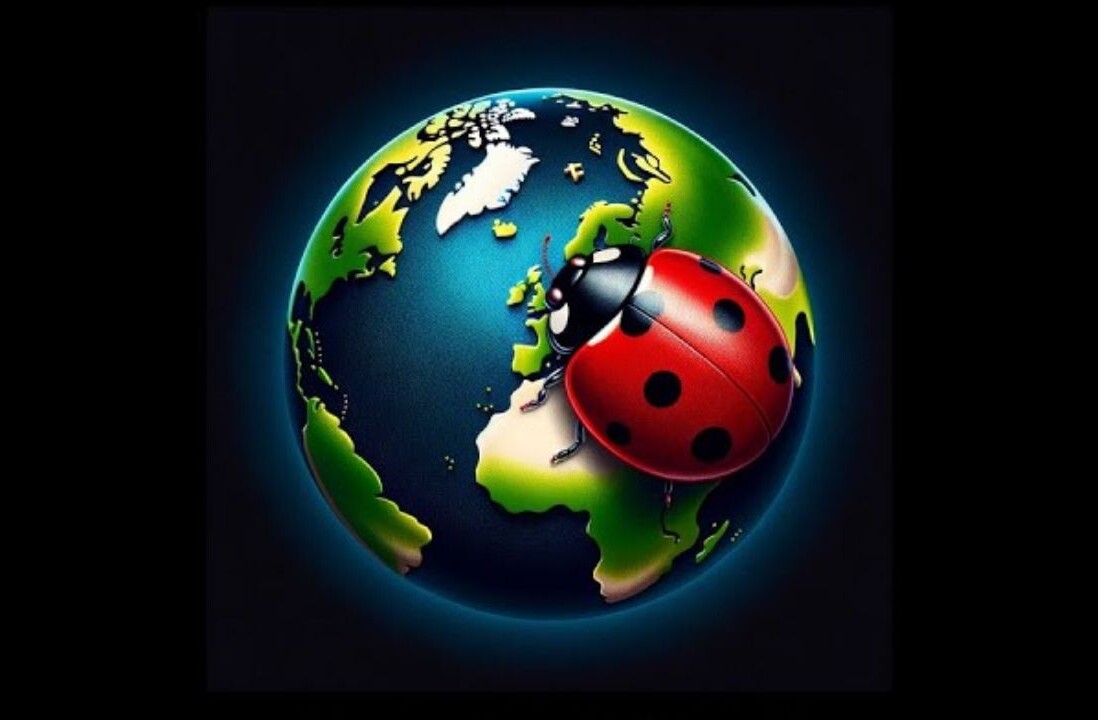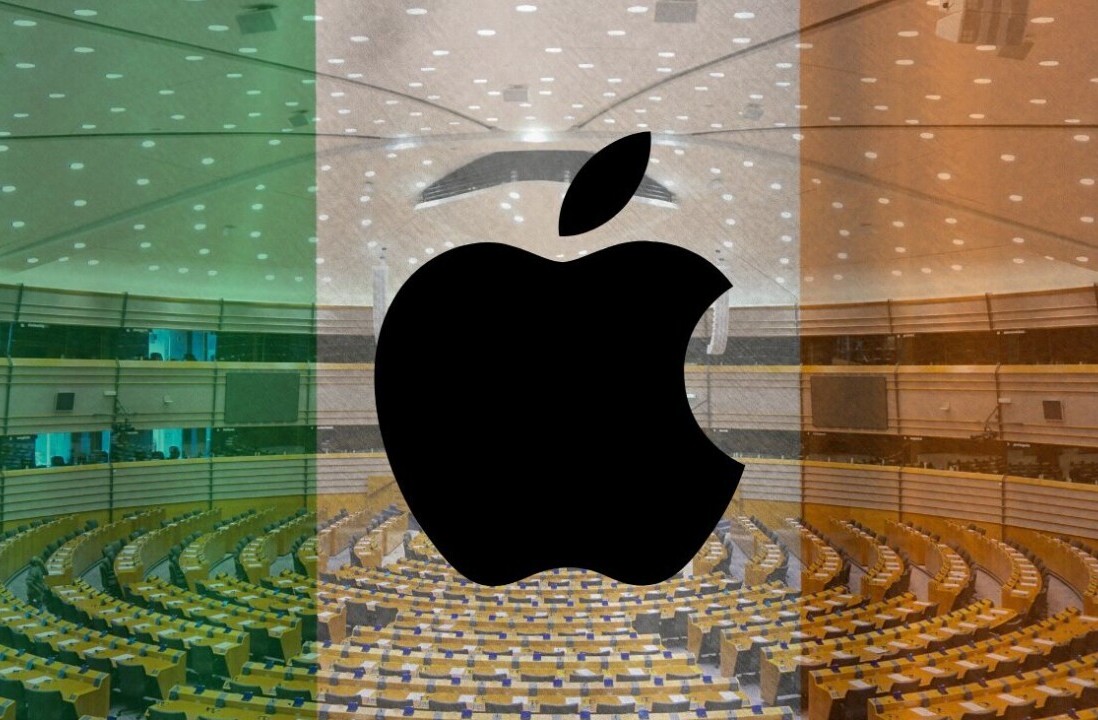
There are a lot of words and phrases that have been used to describe the Mac App Store. One that comes to mind is ‘ghost town,’ used largely because there are some really solid apps for the Mac that aren’t in the store. But why are developers leaning away from the App Store?
Recently, I spoke with Brian Mueller, the developer behind the Carrot suite of iOS apps that tease you while encouraging you to get stuff done or lose weight.
In his experience, the Mac App Store has been a positive experience. “It’s actually been way better than I expected,” he told me about the launch of Carrot Weather for OS X. Mueller says the revenue for Carrot Weather on OS X at launch rivaled its iOS counterpart.

Mueller’s Carrot Weather is his first foray into the Mac App Store, though. After the initial launch, it gets tricky. While developers can clearly support apps via updates for things like bug fixes or adding a few features, offering more than basic support puts them at a fork in the road.
The App Store doesn’t support paid upgrades. Should developers endlessly support an app, or offer a completely new app that’s really just version 2.0?
Apps like Fantastical and Airmail both have sequels that probably would have been better served as paid updates. In the case of Airmail, the change was largely aesthetic (I’m not saying the app doesn’t have more merit than a Yosemite-inspired facelift, but that was the big draw).

Fantastical’s second coming was a bit more involved, with a revamped mini window and an improved natural language event entry. Still, it all could have all been an optional in-app purchase.
Better yet, in-app paid upgrades could offer granular feature sets. If you just want the cool new mini window in Fantastical or fresh composer in Airmail, that could be a few dollars versus the $20 or $40 for an entirely new app.
In both cases, the developers had to start from scratch with their apps. Even with name recognition and an established fanbase, it was back to square one.
That means marketing the app, seeding it to beta testers, creating a website landing page and a host of other things I’m not even thinking of. To get paid for their efforts, developers have to make sure the new apps finds it to as many people as the first did — or more.

They’ve also got to duplicate the effort they laid out the first time. It’s like a car dealer having to put the newest version of a car on a different lot, but not telling you where to find that slick new ride. New lot, new offices, new everything — just to sell a car. It would get frustrating for everyone involved.
In-app paid upgrades already happen — just not in the App Store. That doesn’t bode well for independent developers who have to make a living. Dan Counsel over at RealMac lays it out pretty simply:
The fact you can’t do paid upgrades on the Mac App Store offers little incentive for developers to work on the next big release, it’s just not sustainable. Developers can never hope to earn the revenue they did from the initial launch of an app.
So instead of re-investing in the app to improve it, they spend time building another app to try and earn enough revenue to keep going.
Developers would also get to keep their ratings, and established link in the App Store. Airmail could just be Airmail; why do I care what version it is?
It’s a vicious, downward spiral. The one-and-done model doesn’t work for customers long term, and a totally new version 2.0 only works for a select few developers.
Sadly, that’s the only way Apple allows it to happen for the Mac. That needs to change, and quickly.
Read next: Apple’s App Store passes 100 billion downloads, more than $30 billion paid to devs
Get the TNW newsletter
Get the most important tech news in your inbox each week.




